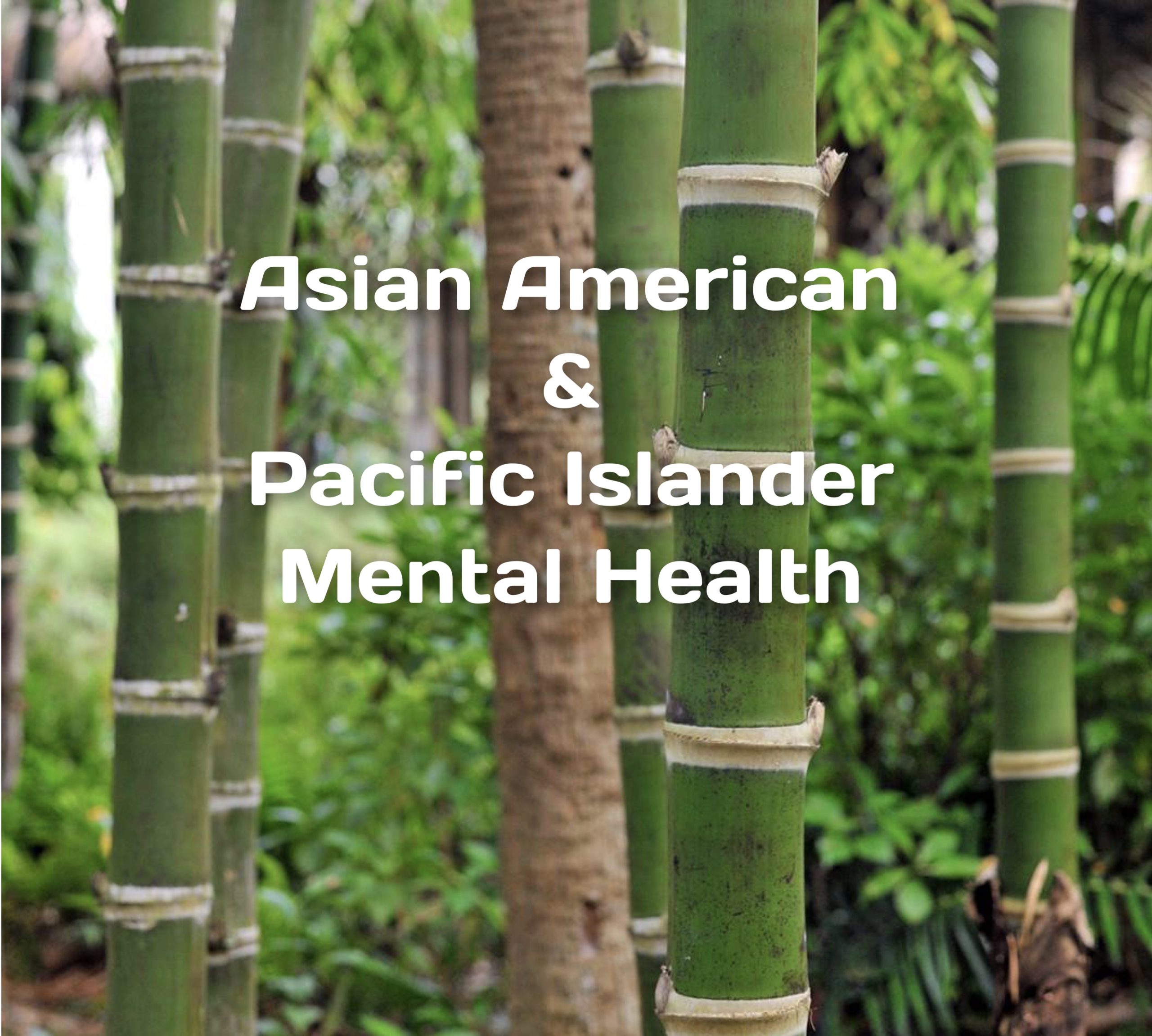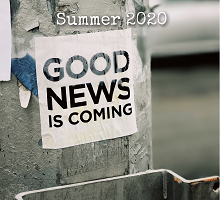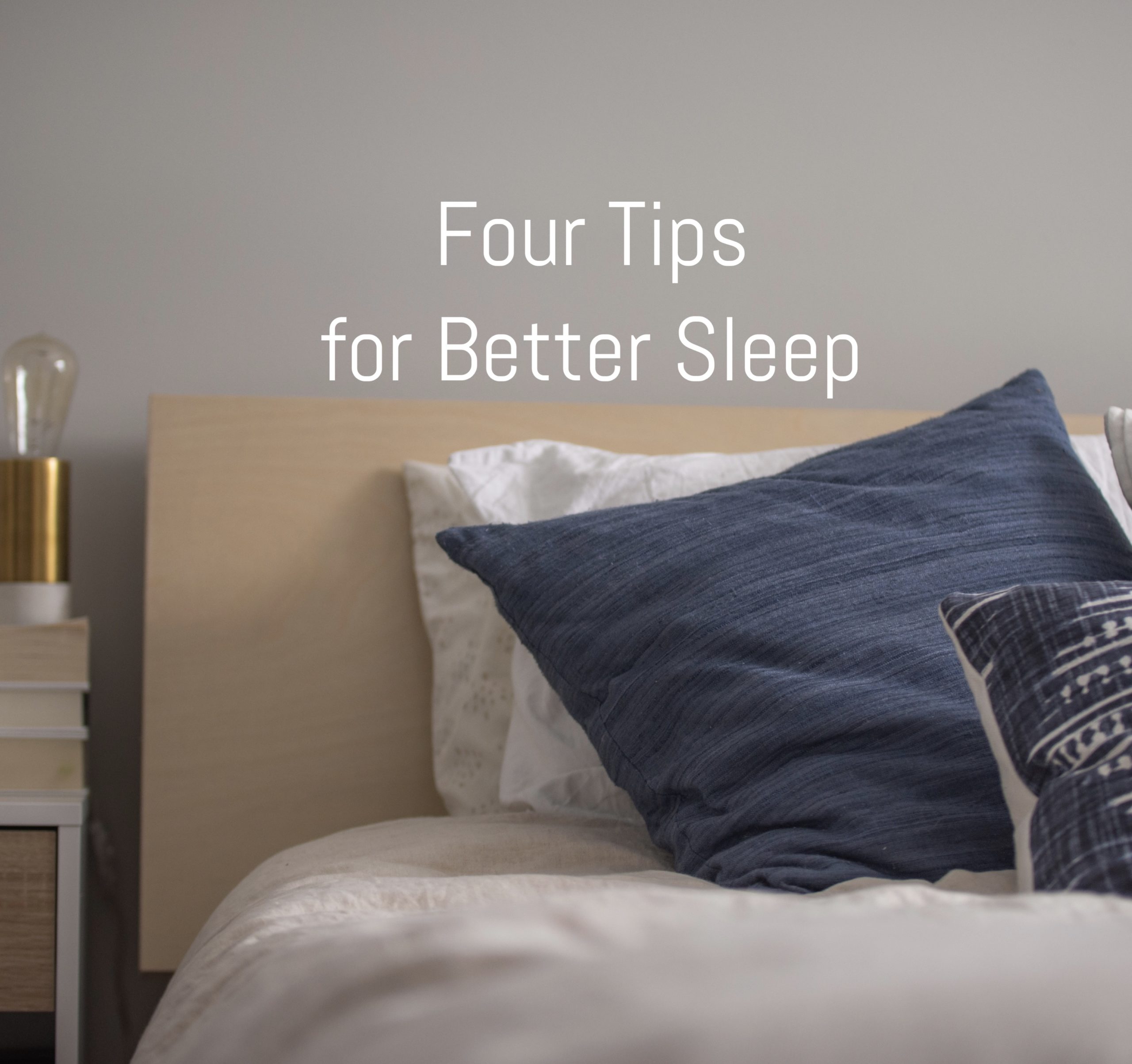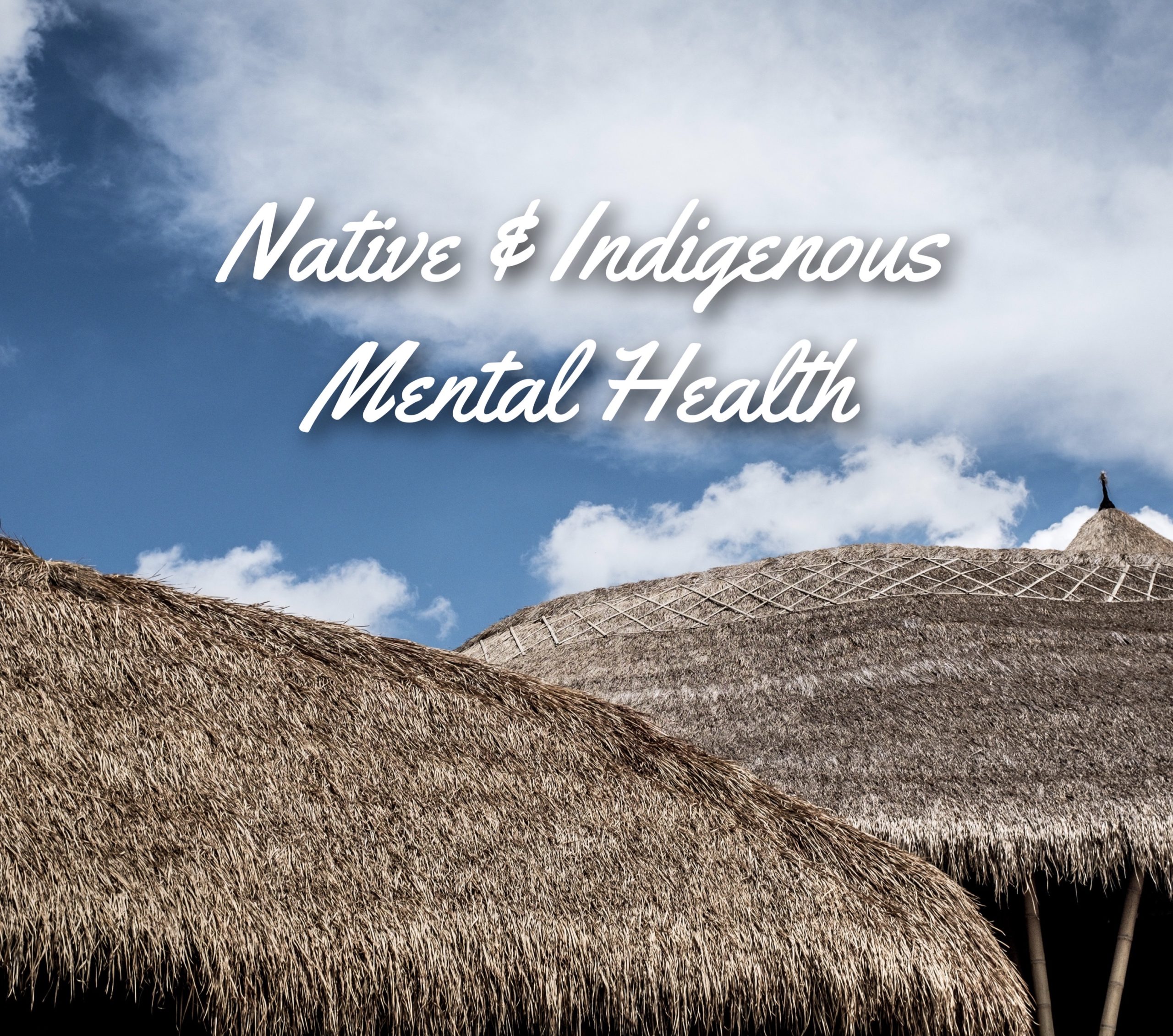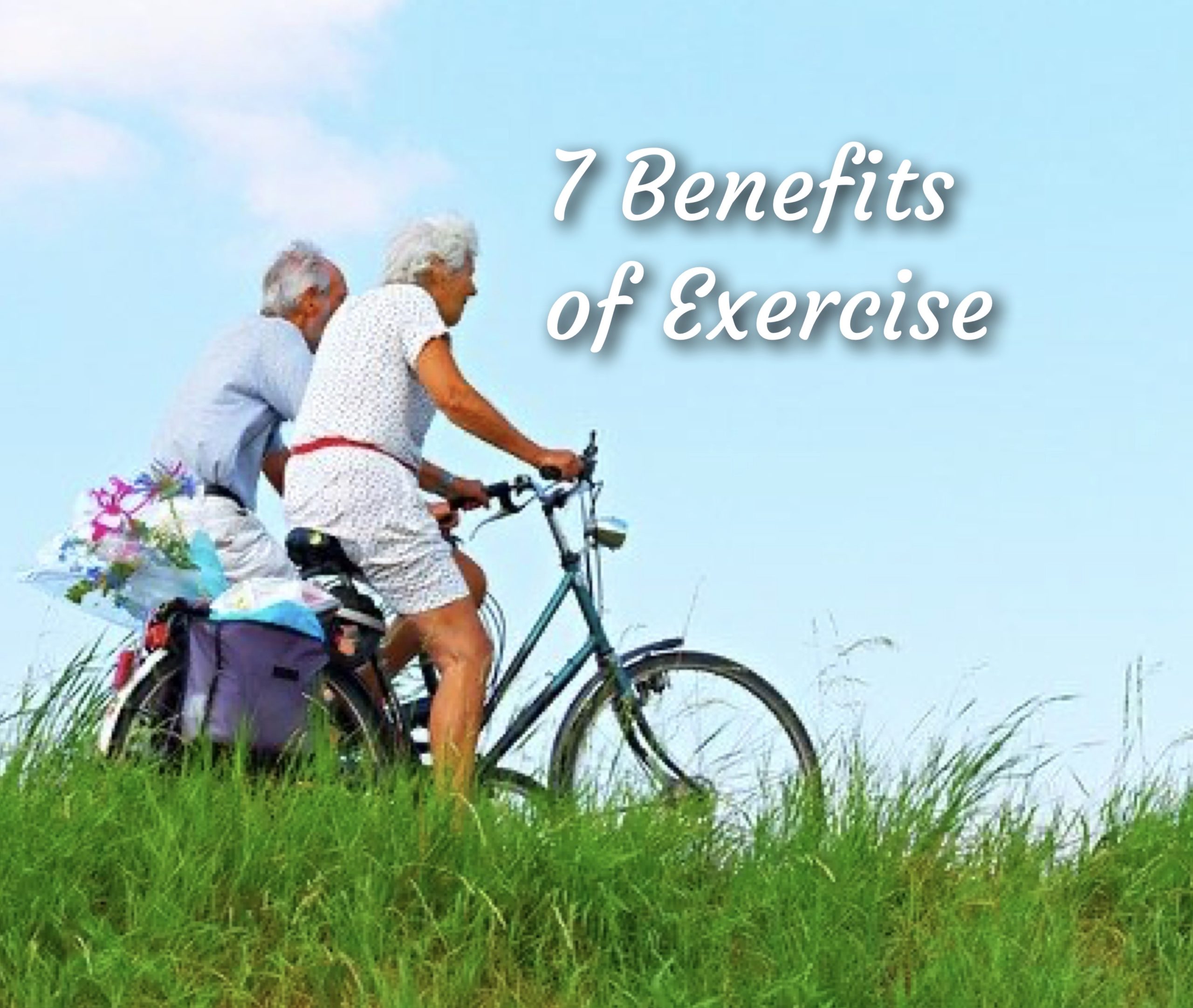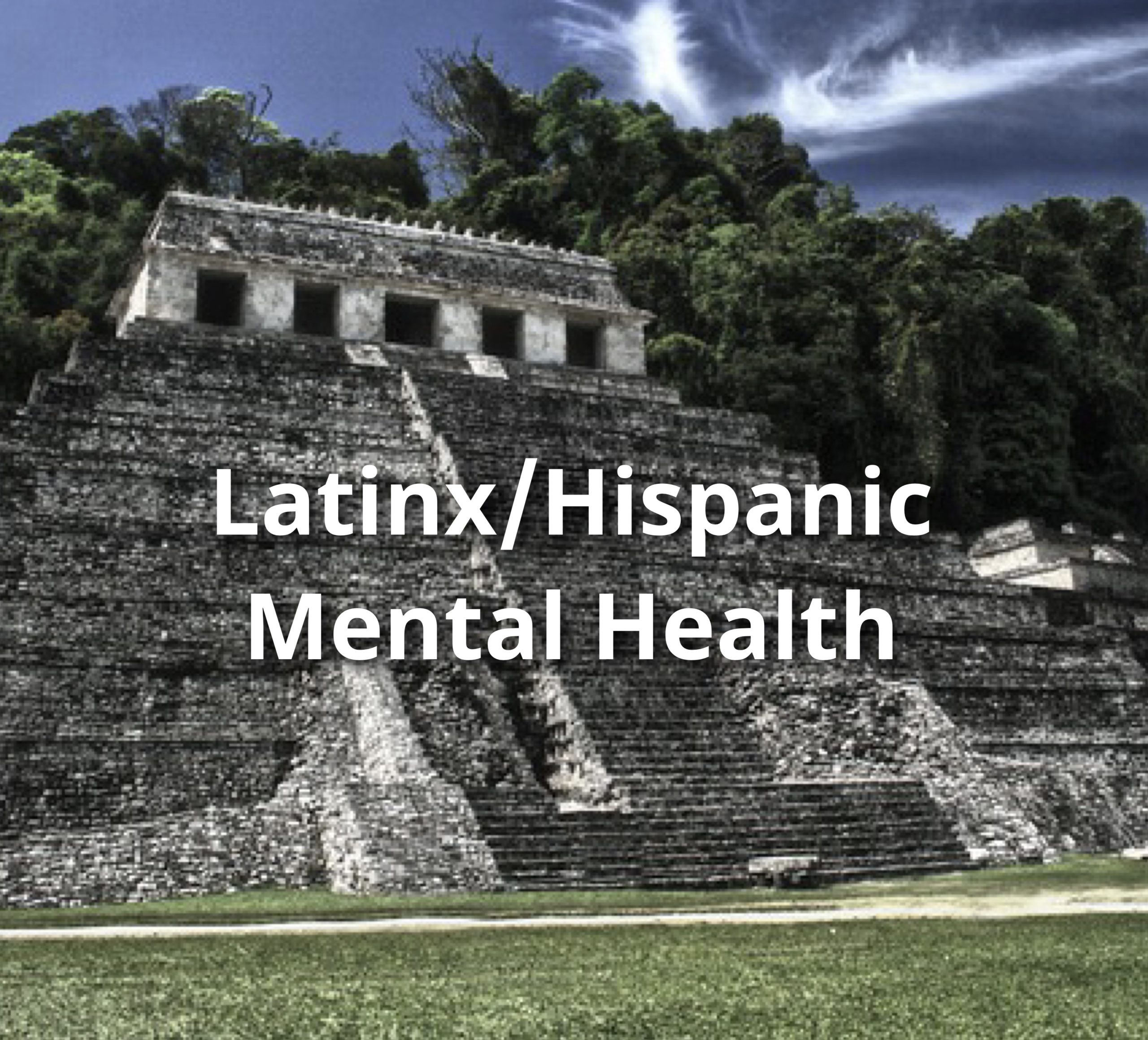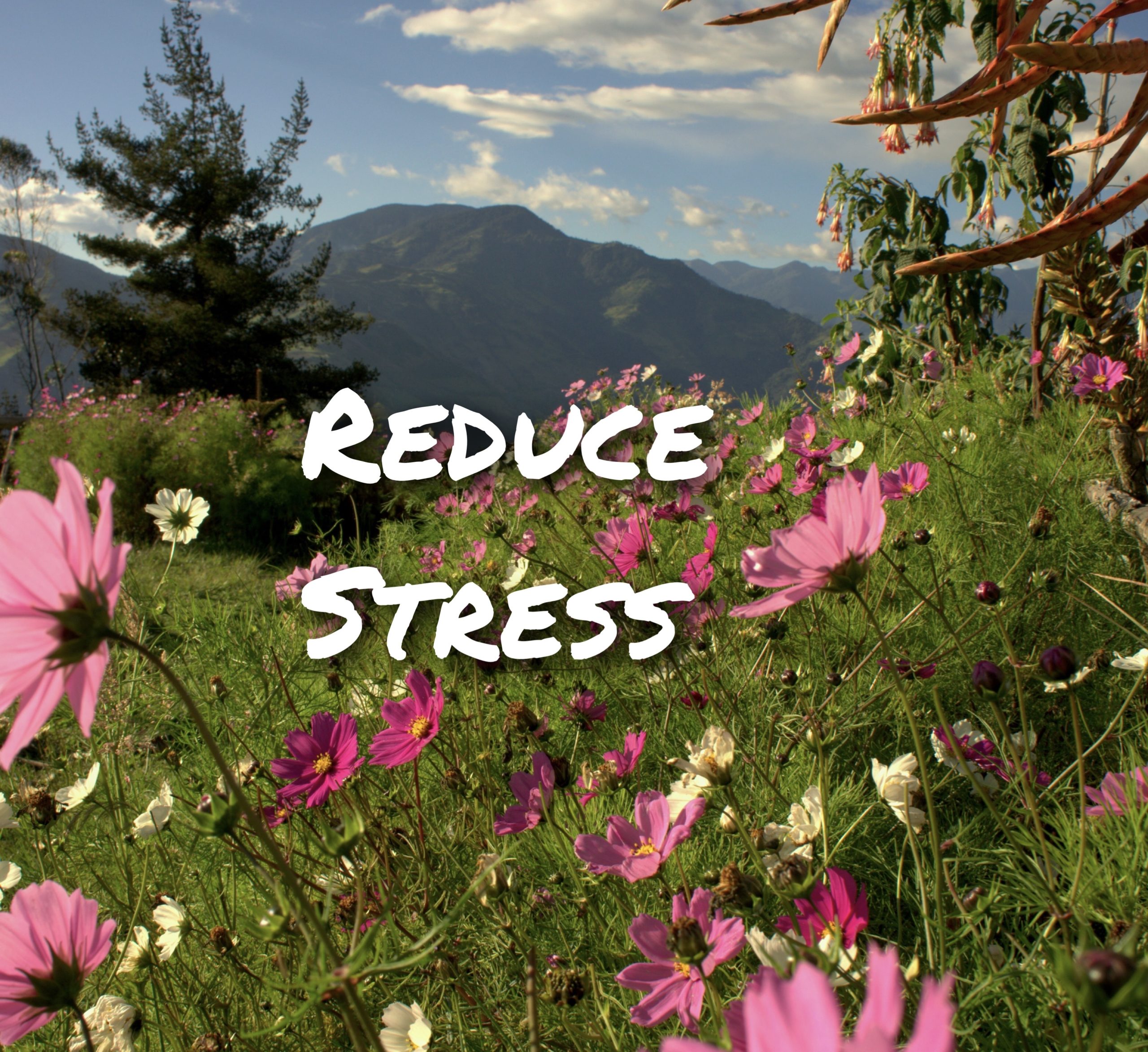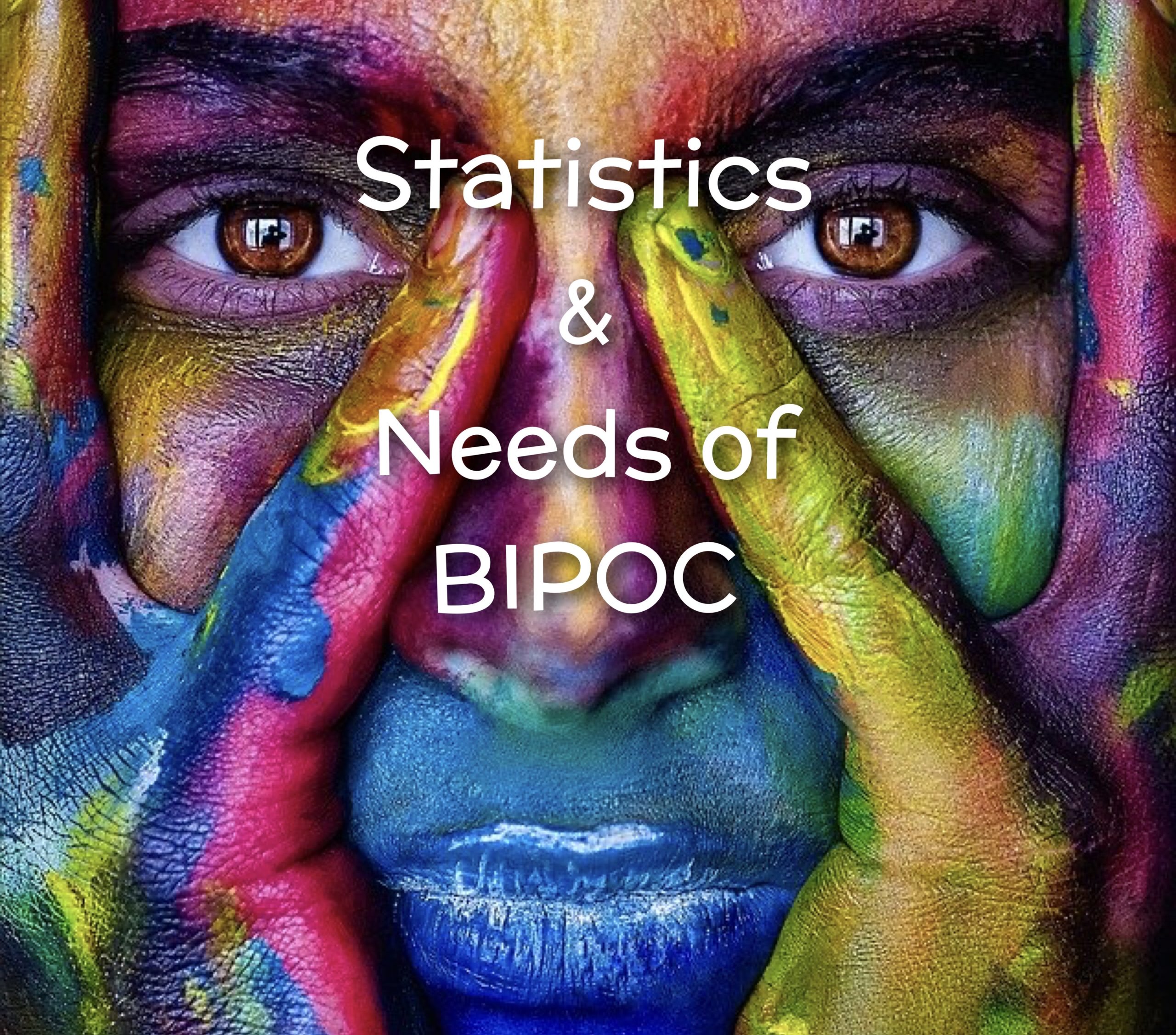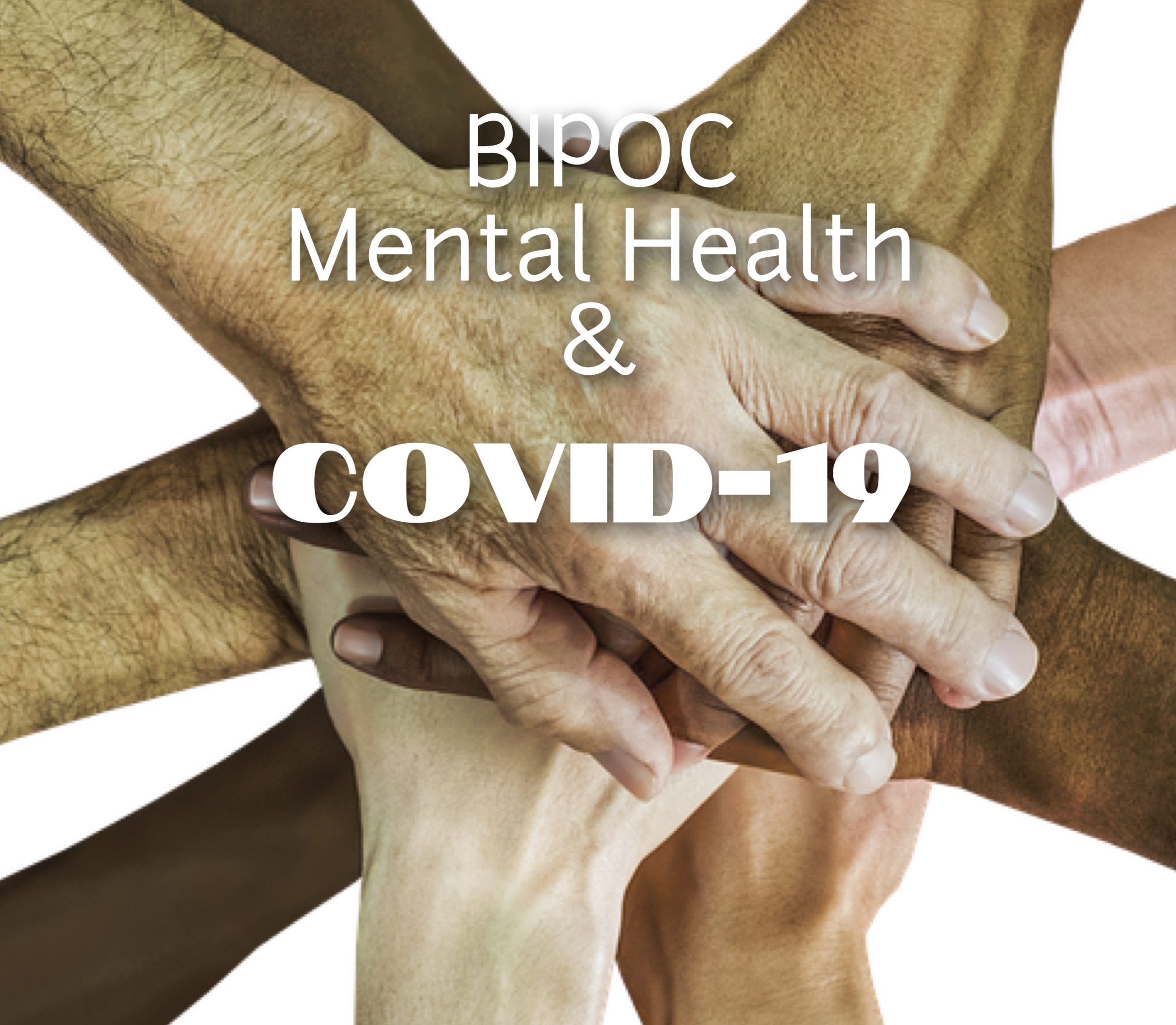Asian American & Pacific Islander Mental Health
In the United States almost three million people identify as Asian American or Pacific Islander. That is over six percent. Of those, almost fifteen percent report having a mental health […]
Summer 2020
The Summer 2020 Newsletter dives into a COVID-19 update, the opening of our newest program: Crisis Triage & Stabilization, one man’s journey to recovery and other fun events coming this […]
Four Tips for Better Sleep
Do you go through phases where it’s harder to sleep or to sleep well? Sleep plays an incredibly important part of your body healing itself. Good sleep can also improve […]
Native & Indigenous Mental Health
As we continue the journey through BIPOC Mental Health Month we will explore each group people in more detail. This week we look at the statistics for Native and Indigenous […]
Crisis Wellness Center Ribbon Cutting Announcement
Lifeline Connections is pleased to announce the opening of the Crisis Wellness Center’s Triage & Stabilization Program ribbon cutting ceremony is set for August 4th, 2020. Patients will begin admitting […]
7 Benefits of Exercise
It’s commonly known that to be healthy you need to eat right and exercise. You may even know how to exercise and what to eat. But having the tools to […]
Latinx/Hispanic Mental Health Awareness
As BIPOC Mental Health Awareness Month continues, we will explore the statistics of each group starting with the Latinx/Hispanic communities. The Latinx/Hispanic community is a diverse group with varying countries […]
Four Steps to Reduce Stress
Everyone experiences stress at one time or another and it isn’t always a bad thing. There are types of good, motivating stress. Stress has can help accomplish goals, increase motivation […]
The Statistics and Mental Health Needs of BIPOC
Each July, we join Mental Health America and raise awareness to the mental health needs of those that are often overlooked. These people include BIPOC, those that identify as part […]
How COVID-19 Is Affecting BIPOC Communities
Both viruses and mental health conditions do not discriminate. Nor do they have underlying bias toward particular race, color or sexual identification as many people and organizations do. That’s why […]
